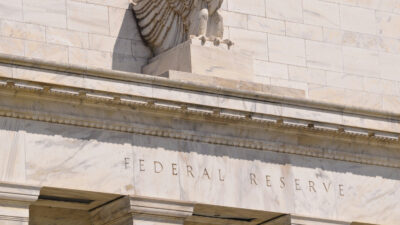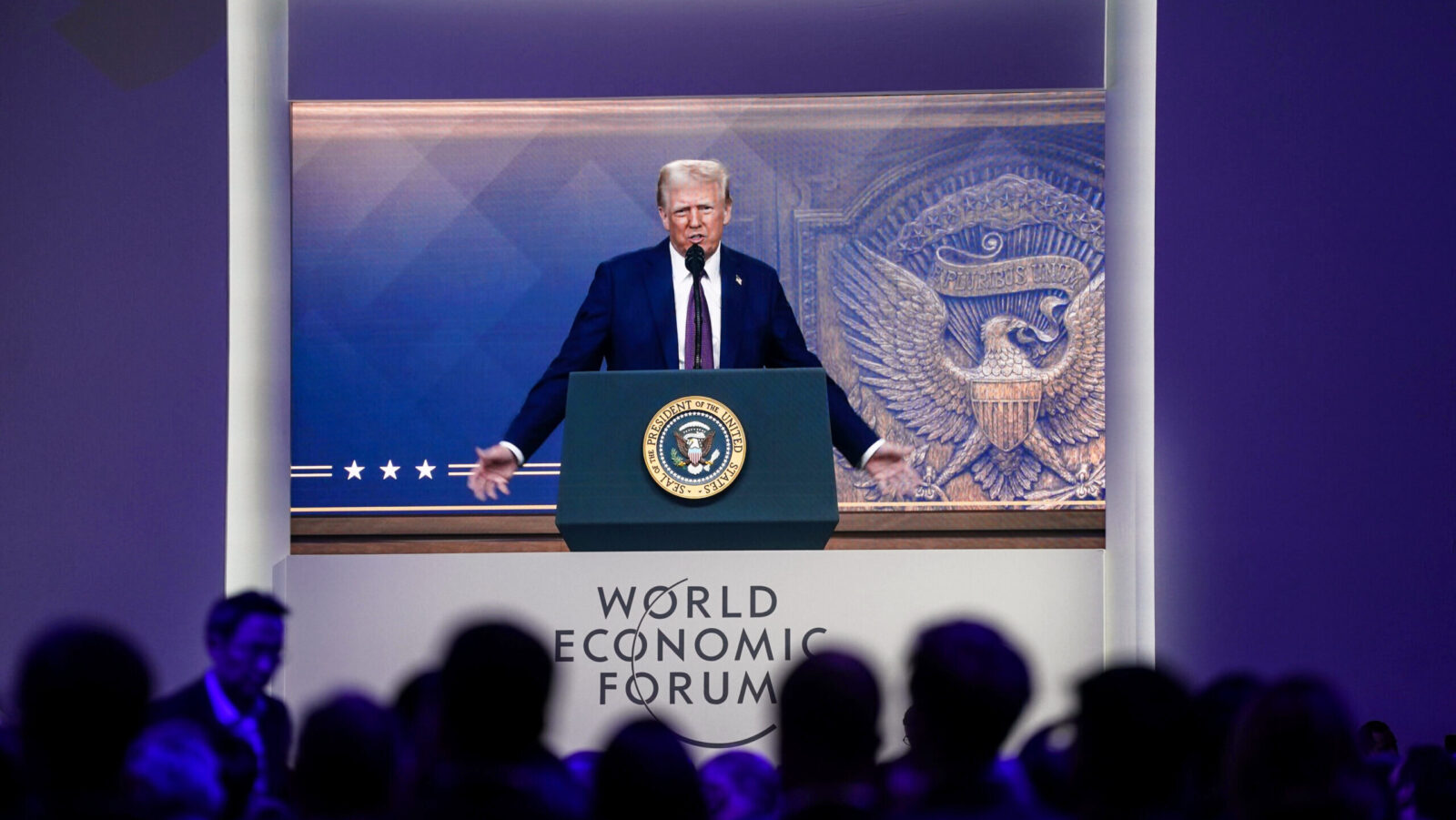Markets Stay Relatively Calm as Fragile Ceasefire Deal Follows Missile Strikes
While the headlines screamed conflict, maneuvers by the US on Monday signaled to markets that the prevailing mood was one of compromise.

Sign up for smart news, insights, and analysis on the biggest financial stories of the day.
The United States attacked three nuclear facilities in Iran over the weekend, and the Persian Gulf nation retaliated Monday by firing missiles at a US airbase in Qatar. At first glance, the events seemed like a recipe for oil prices to surge and stock markets to falter.
Instead, a day of diplomatic jockeying led to relative calm for investors. Defense officials signaled the prevailing mood was one of compromise and, in the evening, President Donald Trump announced Israel and Iran had agreed to a ceasefire. While that ceasefire was tested overnight, investors around the world are in agreement that de-escalation remains the most likely outcome.
Jockeying of the Diplomatic and Military Varieties
If Trump’s sudden ceasefire announcement was unexpected, the desire to de-escalate was not. US officials, including Defense Secretary Pete Hegseth emphasized on Sunday that the US strikes on Iran were “not open-ended” and “not about regime change.”
When Iran responded to the US action a day later, its diplomats even reached out to US officials through diplomatic channels to relay a courtesy heads-up before firing at an American airbase, Reuters reported. They coordinated with Qatari officials, too, The New York Times reported, in order to minimize casualties. Qatar was able to shoot down the missiles with its air defenses, and there were no injuries or deaths. Markets read these actions as a signal that Tehran likewise preferred not to escalate. President Trump even publicly thanked Iran for the advance notice. Markets in the world’s two largest economies, which have a significant interest in the stability of the oil-producing Middle East, have so far taken it in stride:
- The West Texas Intermediate oil benchmark fell over 8% to $67.48 a barrel on Monday, its biggest drop in a day since early April and the first time it has traded below $70 since June 12, the day before Israel’s first strikes on Iran’s nuclear program. The S&P 500, Nasdaq and Dow Jones all rose just under 1% in a collective sigh of relief — as of early Tuesday morning, futures tied to the Dow were up 0.8%, futures attached to the S&P 500 were up 0.9% and futures for the tech-heavy Nasdaq had risen 1.2%.
- With heightened escalation that would imperil both oil markets and investor confidence seemingly averted, investors in China — which buys roughly 90% of all Iranian crude oil, according to data firm Kpler — registered their relief Tuesday. The mainland Shanghai Stock Exchange rose 1.1% on the day and Hong Kong’s Hang Seng Index rallied 2%.
Give It to Them Strait: Iranian state media reported that the country’s parliament voted over the weekend in favor of a measure to close the Strait of Hormuz, a crucial artery in global oil trade that carries 20% of the world’s daily supply, according to the US Energy Information Administration. However, Iran’s national security council would make the final call on any such decision, and officials have bluffed about closing the strait before. The combined reactions from the US, China and oil market suggest investors agree it’s unlikely.











